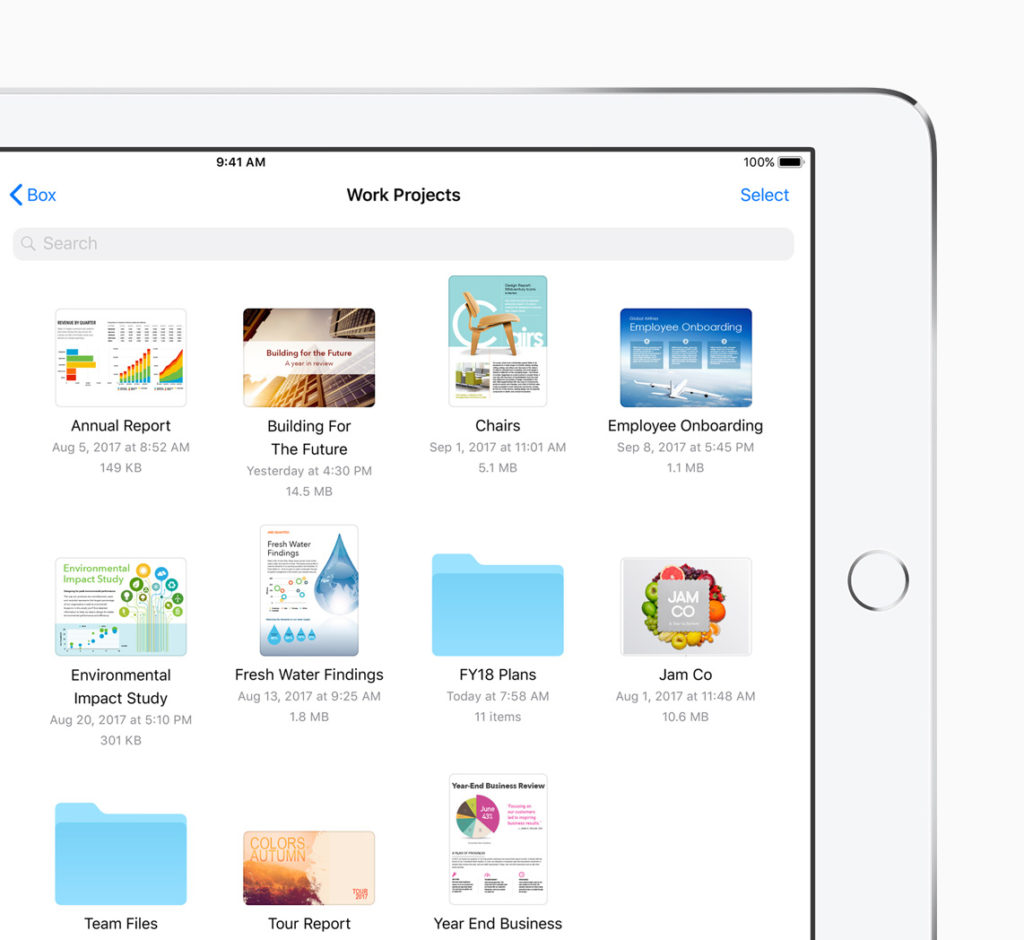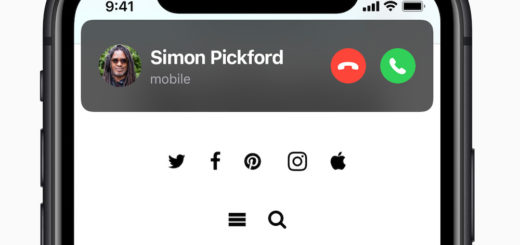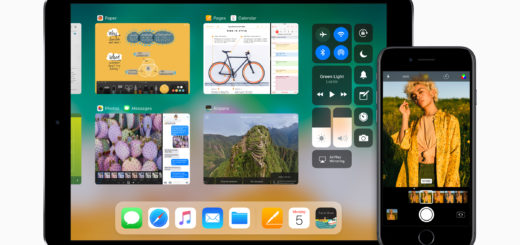How iOS can reduce your insurance premiums

IOS cuts the cost of insurance
You can’t have missed noticing that health insurers are offering lower cost coverage to customers prepared to commit to keeping fit — and a cheap Apple Watch – but this is just one of the ways iOS can cut your insurance costs.
How iOS cuts your insurance costs
If you stop to consider it you’ll can see many ways Apple’s mobile products may help reduce insurance costs.
Most insurers want to limit risk, and will be prepared to pass on (some) of the benefits of any reduced risk to customers in the form of more competitive premium payments.
That’s what health insurance companies are doing with Apple Watch/activity deals. They know that if a customer is prepared to work to keep healthy and is also prepared to prove that they are doing so, then that customer becomes a lower risk client.
That’s why they get offered lower premiums.
Enterprise risks
This is a big benefit to individual customers. But it is an even bigger blessing to enterprises and corporations offering employee wellness schemes. If they can convince their workers to commit to keeping healthy then they can save a lot of money by signing up to enterprise-scale Apple Watch supported health insurance schemes.
New features like ECG, fall detection and automated emergency help requests across Apple’s iOS empire also help reduce risk. Early intervention in the event of accident or health emergency is one of the best ways to guarantee better health outcomes, which in itself reduces costs and risk. Which also means better profits for insurers, and lower premiums for customers.

Stay healthy — and reduce your health insurance costs with Apple Watch
This goes beyond health insurance.
Apple and Cisco have a deal to work together to create a lower cost insurance system for corporate users. The partners introduced this system in February 2018, working with Aon and Allianz.
“The new solution is designed to help a wider range of organisations better manage and protect themselves from cyber risk associated with ransomware and other malware-related threats, which are the most common threats faced by organisations today,” they said in their press release.
What about on the road?
One of the most expensive insurance costs for any of us is vehicle insurance.
How does iOS reduce this?
Multiple insurers, including Aviva, Direct Line, AXA and many others have introduced smartphone apps that test or monitor driving activity in order to offer lower cost vehicle insurance to the best drivers.
To achieve this, they look at speed, how corners are taken, harsh braking and acceleration and the time of day that you drive. Be warned, these apps mean customers with weak driving skills may be identified and experience a hike in their insurance costs.
The insurance benefits are also unlocked by use of tools like Do Not Disturb While Driving, which Everquote claims cuts the number of accidents caused by distracted driving by around 8 percent.
There’s opportunity for iOS devices to reduce the cost of bicycle insurance, thanks to clever tagging systems such as the Sherlock GPS Bike Tracker, Apple’s AirTags, or smart bike locks, such as BitLock. You can even get smart trackers you can attach to your cars. Finally, smartphone technology is creating a new market in pay-as-you-go vehicle insurance, which is ideal for drivers who share or use vehicles infrequently.
What next?
As connected devices become more widely used, we should see other insurance sectors find ways to cut insurance costs through use of the Internet of Things.
For example, we’ll see industrial equipment become sufficiently sentient through use of AI and sensors that they will ask for help when they identify the warning signs of a fault emerging, which should reduce the cost of manufacturing insurance.
We can also predict connected home and burglary insurance solutions, in which use of motion sensors and connected alarm systems will deliver benefits in terms of reduced insurance premiums.
Are you aware of any other insurance solutions available for iOS users? If you are, please let us know in comments below.





